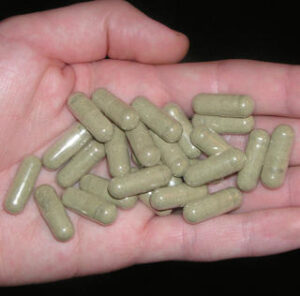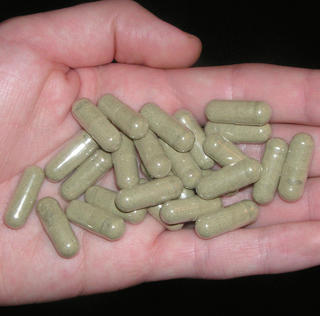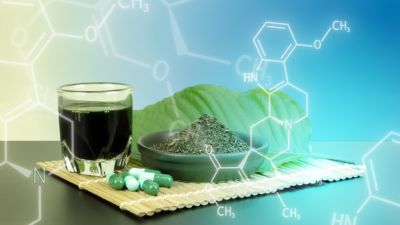Deerfield-News.com-Deerfield Beach, FL-No prescription needed, sold in gas stations and convenience stores, the internet, and “Kratom Shops”. There is no shortage of “KRATOM” in Deerfield Beach and surrounding areas. Over the last few years, more and more gas stations, convenience stores, the internet, and “Kratom Shops” have flooded the market with Kratom.
What is it, and why is it not regulated by the FDA or another federal or state agency? While currently not against any Federal law, states may regulate the sale and possession of Kratom according to the DEA.
A quick Google search for Kratom will show a comparison to morphine.YouTube videos also compare its effects to those of morphine or other controlled opioids. Also found on the internet, the search results are endless for companies that sell KRATOM.
Below is the most recent information posted to DEA.gov and FDA.gov about KRATOM.
SOURCE DEA.GOV-

Kratom



































